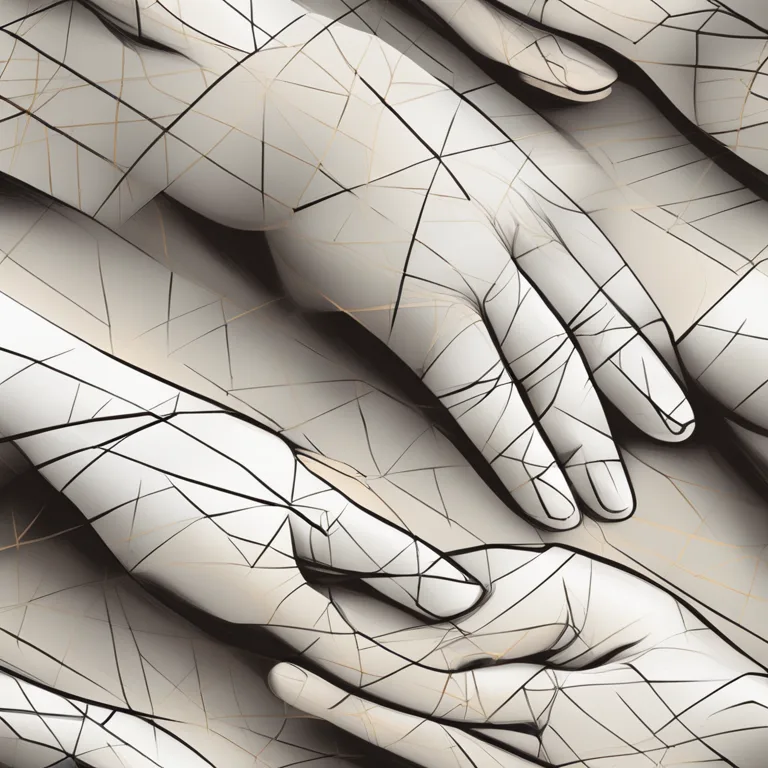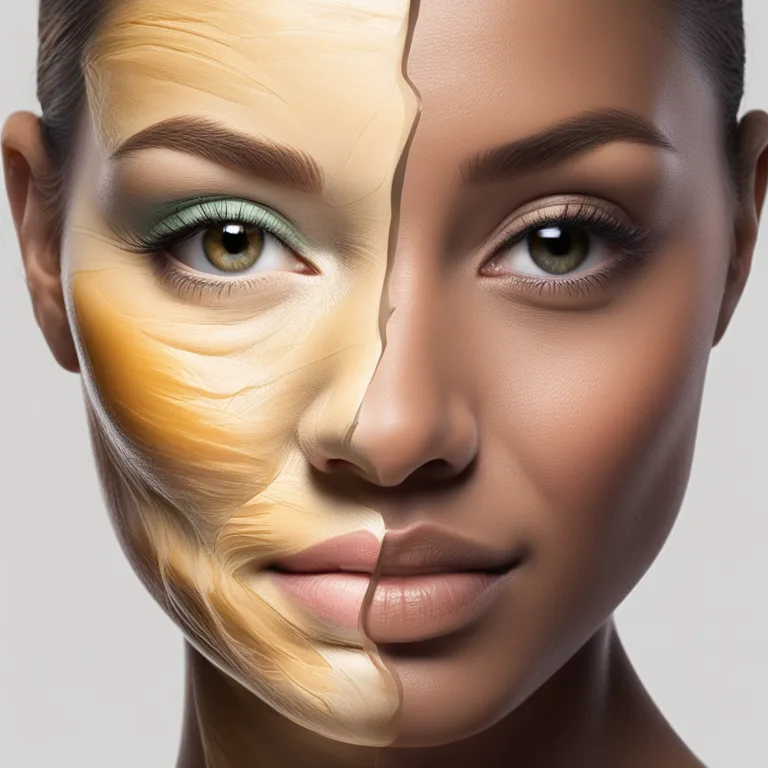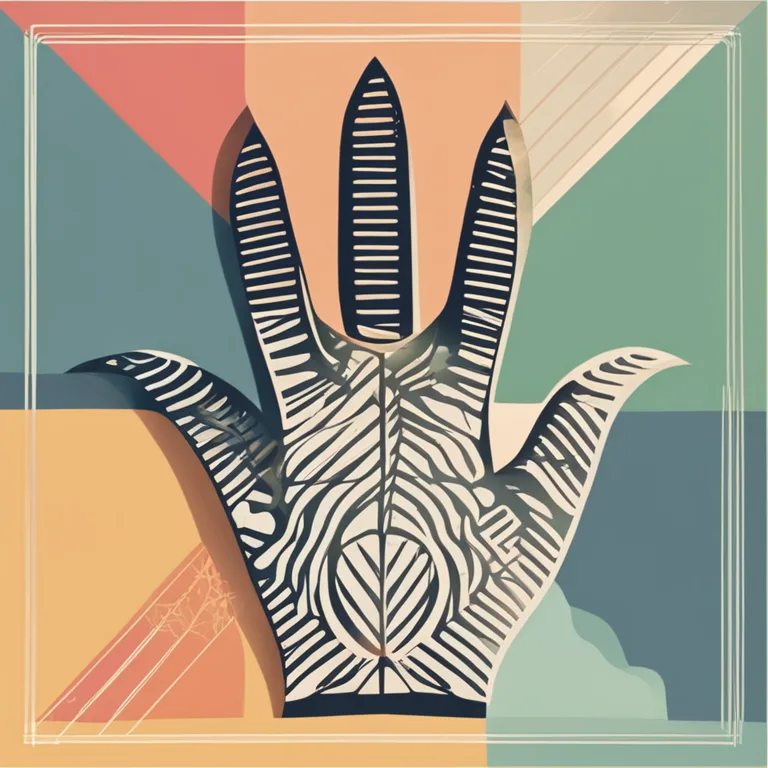
Time's Mark on Palms: Investigating Palm Line Changes
The intriguing discussion of whether our palm lines can indeed change and what factors may influence such transformations.
article by Nora Pennington
Palmistry and the Human Hand
Palmistry, or chiromancy, is the art of studying the palm of the hand to decipher a person's traits and life experiences. For centuries, this practice has fascinated people, blending mysticism with personal introspection. The human hand, with its intricate network of lines, has often been viewed as a static map. Yet, does this 'map' stay the same throughout our lifespan, or are we looking at a dynamic landscape that reflects our life’s journey? This article delves into the fascinating concept of changing palm lines and the science that may—or may not—support it.

The Myth and Movement of Palm Lines
Traditionally, the major lines on our palms—the heart line, head line, life line, and fate line—are the focal points of palm readings. A common belief in palmistry is that each line carries unique meanings and that their length, depth, and patterns provide individual insights. While these lines are believed to be relatively fixed, some palmists argue that significant life events can cause changes to these lines. Adaptation is a remarkable aspect of our physiology, so could our palms genuinely record such shifts?

Scientific Perspective on Line Transformation
Considering a scientific perspective, our skin undeniably evolves due to a myriad of factors. Age, environmental influences, and physical changes can affect the elasticity and appearance of our skin, which in turn, might alter the visibility of our palmar creases. Recent studies into dermatoglyphics, the science of skin patterns, acknowledge that while our fingerprints are mostly set in stone, minute changes in our palm lines could surface due to skin deformation or regeneration. This primarily occurs as our hand skin stretches or compresses with use and age.

Age and Life's Impact on Palms
As we age, so do our hands. The palms may develop additional lines and creases, or existing ones may deepen or lighten. An active lifestyle that involves heavy use of hands or certain medical conditions might also lead to visible differences in our hand lines over time. These modifications could potentially mirror our aging process or significant life changes but connecting these alterations to specific life events remains largely speculative and is not empirically validated.

Reading Between the Lines
For ardent believers in palmistry, any change in palm lines may hold significance. If a line becomes more pronounced or appears where there was none before, some might interpret it as a sign of a new development in that area of life. For example, new lines appearing on the palm could be seen as indicators of newly developed traits or upcoming life events. Skeptics, however, would attribute such changes to natural skin processes rather than mystical foresights.
Future of Palmistry and Palm Lines
Entering the year 2024, the dialogue between mysticism and science continues to grow more complex. Technological advancements may allow us to monitor changes in our palm lines with greater precision, lending potential new insights into this old practice. Could there be a future where palmistry and dermatoglyphics converge to provide a more comprehensive understanding of our life stories? Only time—and perhaps our ever-changing palms—will tell.
Published: 1/5/2024
Modified: 1/5/2024
More predictions
Come back here soon to learn more about yourself and your future


The Essence of Palmistry: A Modern Guide
Delve into the modern practice of Palmistry: understanding the lines and shapes of your hands to reveal insights about your personality and future.


The Changeable Nature of Palm Lines
Discover the factors influencing the ever-changing landscape of palm lines and what these modifications could signify in palmistry.


The Essence of Hand Analysis: A Guide to Palmistry
Delve into the art of palmistry, the study of hands, revealing how reading palms can provide insight into one's personality and future.